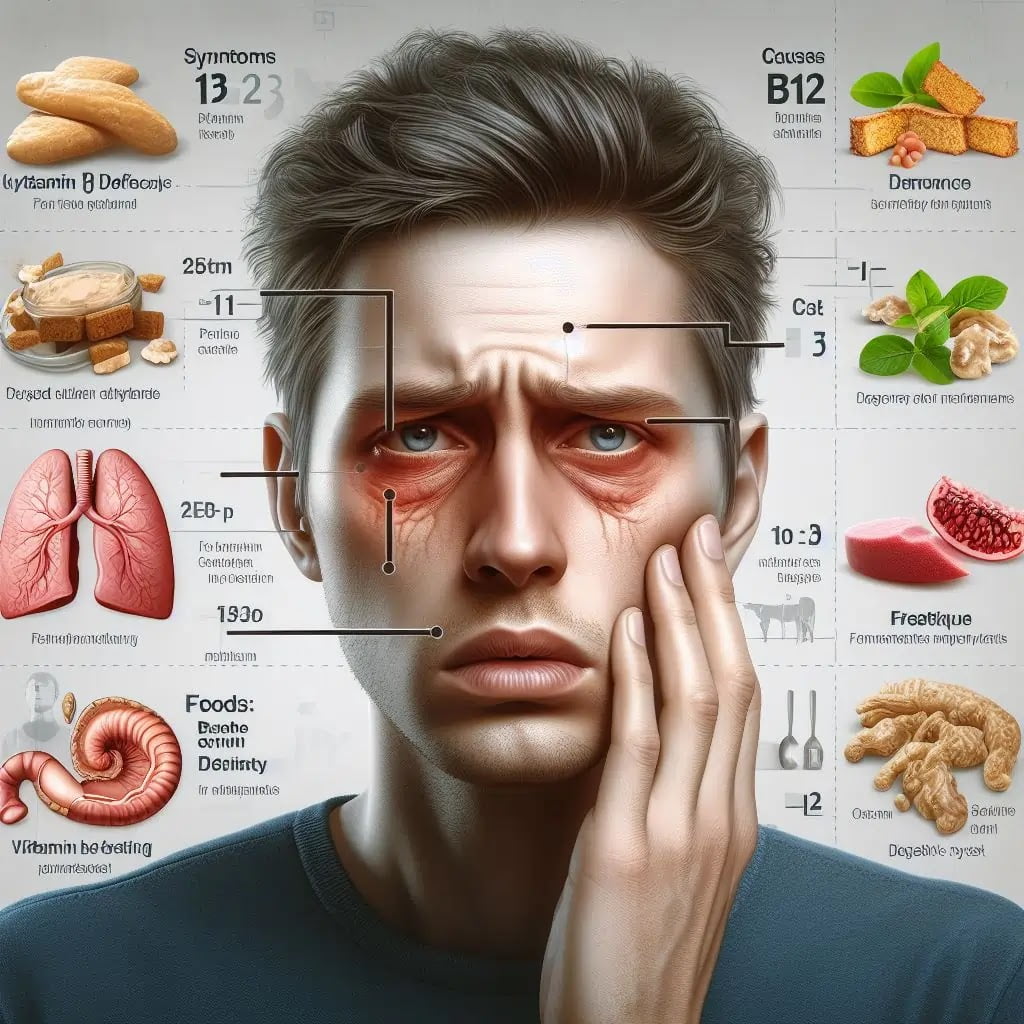PCOS is a common hormonal disorder that affects women of reproductive age. It is characterized by three main features: irregular or absent periods, high levels of male hormones (androgens), and multiple cysts on the ovaries. PCOS can affect a woman’s fertility, appearance, and long-term health. In this article, we will explore the causes, symptoms, and treatment options for PCOS.
What causes PCOS?
The exact cause of PCOS is unknown, but it is likely influenced by a combination of genetic and environmental factors. Some possible factors that may contribute to PCOS are:
- Insulin resistance: Insulin is a hormone that helps the body use glucose (sugar) for energy. When the body becomes resistant to insulin, the blood sugar levels rise and the pancreas produces more insulin. High insulin levels can stimulate the ovaries to produce more androgens, which can interfere with ovulation and cause acne and hair growth.
- Inflammation: Inflammation is a natural response of the immune system to fight infection or injury. However, chronic inflammation can also be harmful and trigger the production of androgens and other hormones that can affect the ovaries and the menstrual cycle.
- Genetics: PCOS tends to run in families, suggesting that there may be some genes that predispose women to develop the condition. However, the exact genes involved are not yet identified.
- Environmental factors: Some environmental factors that may increase the risk of PCOS are exposure to endocrine-disrupting chemicals (such as pesticides, plastics, and cosmetics), obesity, stress, and poor diet.
What are the symptoms of PCOS?
The symptoms of PCOS vary from person to person and may change over time. Some of the common symptoms are:
- Irregular or absent periods: Women with PCOS may have fewer than nine periods a year, more than 35 days between periods, or no periods at all. This is because the ovaries do not release eggs regularly or at all, resulting in a buildup of the uterine lining (endometrium) that may cause heavy bleeding or spotting.
- Infertility: Women with PCOS may have difficulty getting pregnant because of the lack of ovulation or the imbalance of hormones. However, not all women with PCOS are infertile, and some may conceive with or without treatment.
- Excess hair growth: Women with PCOS may have unwanted hair growth on the face, chest, back, stomach, or other parts of the body. This is called hirsutism and is caused by the high levels of androgens that stimulate the hair follicles.
- Acne: Women with PCOS may have acne on the face, chest, or back, due to the excess oil production and inflammation caused by the androgens.
- Weight gain: Women with PCOS may have difficulty losing weight or may gain weight easily, especially around the waist. This is partly due to the insulin resistance that affects the metabolism and appetite.
- Other symptoms: Women with PCOS may also experience other symptoms, such as mood swings, depression, anxiety, sleep problems, headaches, pelvic pain, and skin tags.
How is PCOS diagnosed?
There is no single test that can diagnose PCOS. Instead, the diagnosis is based on a combination of the following criteria:
- Clinical signs and symptoms: The doctor will ask about the menstrual history, fertility, hair growth, acne, weight changes, and other symptoms. The doctor will also perform a physical examination to check for signs of excess hair, acne, obesity, and enlarged ovaries.
- Blood tests: The doctor will order blood tests to measure the levels of hormones, such as androgens, estrogen, progesterone, luteinizing hormone (LH), follicle-stimulating hormone (FSH), insulin, and glucose. The blood tests can also rule out other conditions that may have similar symptoms, such as thyroid disorders, adrenal disorders, or pituitary tumors.
- Ultrasound: The doctor may use an ultrasound to look at the ovaries and the uterus. The ultrasound can show the presence of multiple cysts on the ovaries, which are small fluid-filled sacs that contain immature eggs. However, not all women with PCOS have cysts, and not all women with cysts have PCOS.
How is PCOS treated?
There is no cure for PCOS, but the symptoms can be managed with various treatment options, depending on individual goals and preferences. Some of the common treatment options are:
- Hormonal birth control: Hormonal birth control pills, patches, rings, injections, or implants can help regulate the menstrual cycle, reduce the androgen levels, and prevent the endometrial buildup that can lead to cancer. Hormonal birth control can also improve acne and hair growth but may have some side effects, such as weight gain, mood changes, or blood clots.
- Metformin: Metformin is a medication that is usually used to treat type 2 diabetes, but it can also help women with PCOS by improving insulin sensitivity, lowering blood sugar levels, and restoring ovulation. Metformin can also help with weight loss but may cause some gastrointestinal side effects, such as nausea, diarrhea, or vomiting.
- Clomiphene citrate: Clomiphene citrate is a medication that stimulates the ovaries to release eggs and is often used to treat infertility in women with PCOS. Clomiphene citrate can increase the chances of pregnancy, but may also increase the risk of multiple births, ovarian hyperstimulation syndrome, or ovarian cancer.
- Letrozole: Letrozole is a medication that blocks the production of estrogen and is usually used to treat breast cancer, but it can also help women with PCOS by inducing ovulation and improving fertility. Letrozole can be more effective than clomiphene citrate, but may also have more side effects, such as hot flashes, fatigue, or bone loss.
- Lifestyle changes: Lifestyle changes, such as eating a healthy diet, exercising regularly, losing weight, managing stress, and quitting smoking, can help improve the symptoms and the overall health of women with PCOS. Lifestyle changes can also reduce the risk of developing complications, such as diabetes, heart disease, or endometrial cancer.
When to see a doctor?
If you have any of the symptoms of PCOS, or if you are having trouble getting pregnant, you should see a doctor for a proper diagnosis and treatment. Early intervention can help prevent long-term complications and improve your quality of life. You should also see a doctor regularly for follow-up visits and screenings, such as blood tests, pelvic exams, and pap smears, to monitor your condition and prevent any potential problems.
Bottom line
PCOS is a common hormonal disorder that affects women of reproductive age. It can cause irregular or absent periods, high levels of male hormones, and multiple cysts on the ovaries. PCOS can affect a woman’s fertility, appearance, and long-term health. The exact cause of PCOS is unknown, but it is likely influenced by a combination of genetic and environmental factors. The diagnosis of PCOS is based on a combination of clinical signs and symptoms, blood tests, and ultrasound. The treatment of PCOS depends on individual goals and preferences and may include hormonal birth control, metformin, clomiphene citrate, letrozole, or lifestyle changes. PCOS is not a curable condition, but the symptoms can be managed with proper care and support. Women with PCOS should see a doctor regularly for follow-up visits and screenings, to prevent any complications and improve their quality of life.
FAQs
Q: What is PCOS and how common is it?
A: PCOS is a hormonal disorder that affects women of reproductive age. It causes irregular or absent periods, high levels of male hormones, and multiple cysts on the ovaries. PCOS can affect a woman’s fertility, appearance, and long-term health. PCOS is one of the most common causes of infertility in women and people assigned female at birth (AFAB). It can also increase the risk of other health conditions. PCOS affects up to almost 27 percent of women during their childbearing years.
Q: What causes PCOS and is it genetic?
A: The exact cause of PCOS is unknown, but it is likely influenced by a combination of genetic and environmental factors. Some possible factors that may contribute to PCOS are insulin resistance, inflammation, genetics, and environmental factors. PCOS tends to run in families, suggesting that there may be some genes that predispose women to develop the condition. However, the exact genes involved are not yet identified.
Q: How is PCOS diagnosed and what are the criteria?
A: There is no single test that can diagnose PCOS. Instead, the diagnosis is based on a combination of the following criteria: clinical signs and symptoms, blood tests, and ultrasound. A diagnosis of PCOS is made when you have at least two of these: irregular or absent periods, high levels of androgens, and polycystic ovaries.
Q: How is PCOS treated and what are the options?
A: There is no cure for PCOS, but the symptoms can be managed with various treatment options, depending on the individual goals and preferences. Some of the common treatment options are hormonal birth control, metformin, clomiphene citrate, letrozole, or lifestyle changes. Hormonal birth control can help regulate the menstrual cycle, reduce the androgen levels, and prevent the endometrial buildup that can lead to cancer. Metformin can help improve insulin sensitivity, lower blood sugar levels, and restore ovulation. Clomiphene citrate and letrozole can help stimulate the ovaries to release eggs and improve fertility. Lifestyle changes, such as eating a healthy diet, exercising regularly, losing weight, managing stress, and quitting smoking, can help improve the symptoms and the overall health of women with PCOS.
Q: When should I see a doctor if I have PCOS or suspect I have it?
A: You should see a doctor if you’re worried about your periods if you’re having trouble getting pregnant, or if you have signs of excess androgen. These might include new hair growth on your face and body, acne, and male-pattern baldness. You should also see a doctor regularly for follow-up visits and screenings, such as blood tests, pelvic exams, and pap smears, to monitor your condition and prevent any potential problems. Early intervention can help prevent long-term complications and improve your quality of life.





